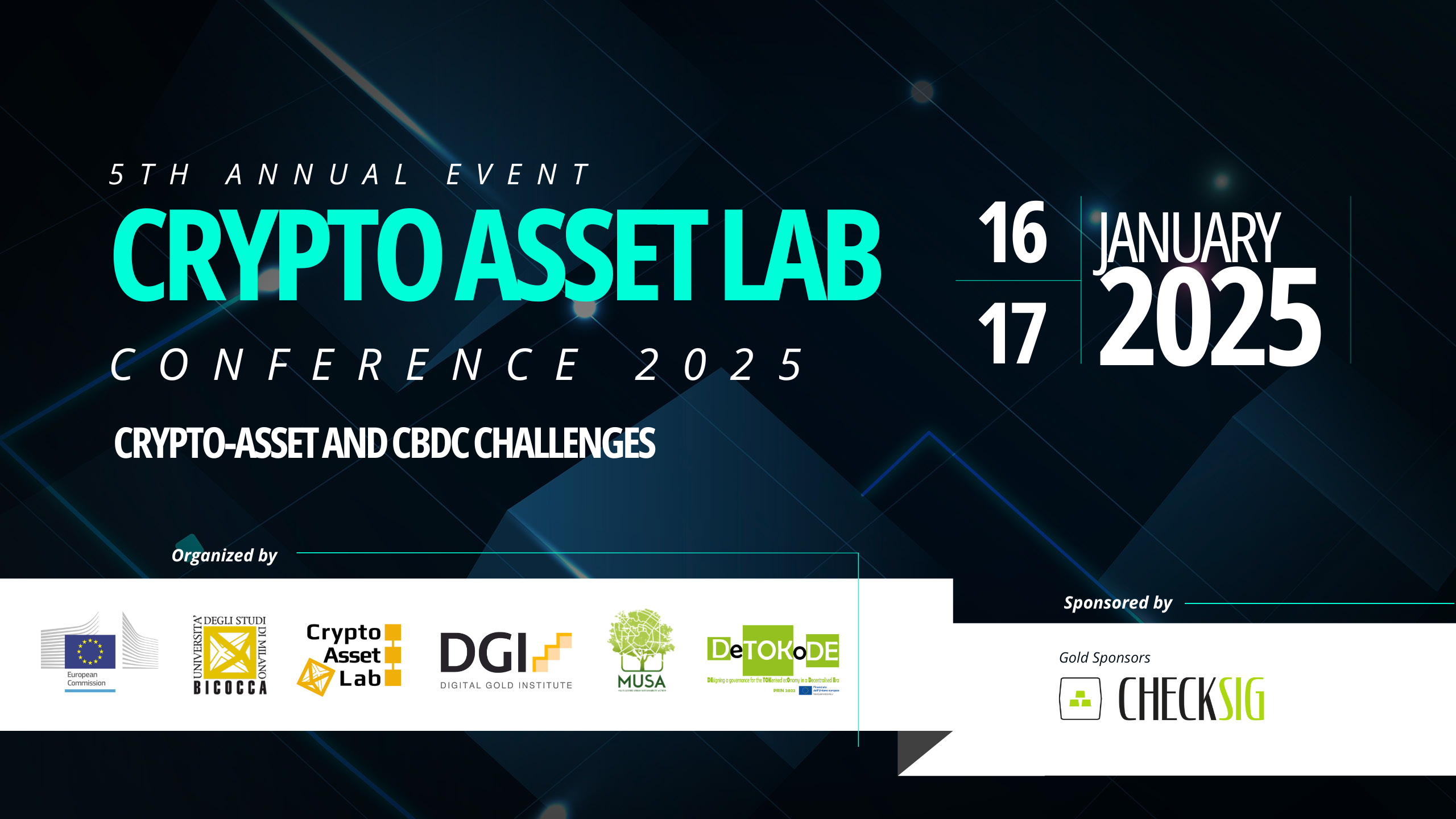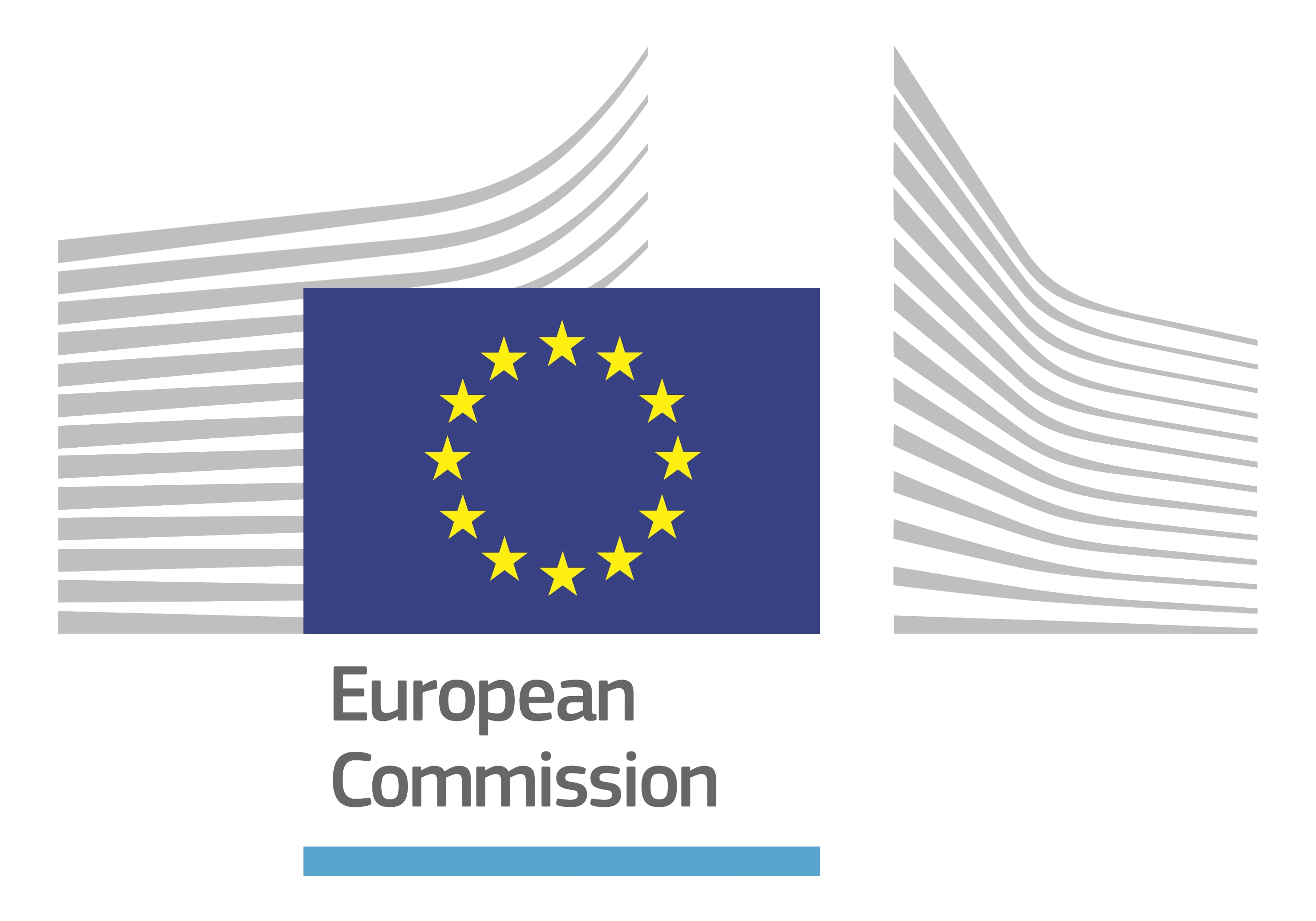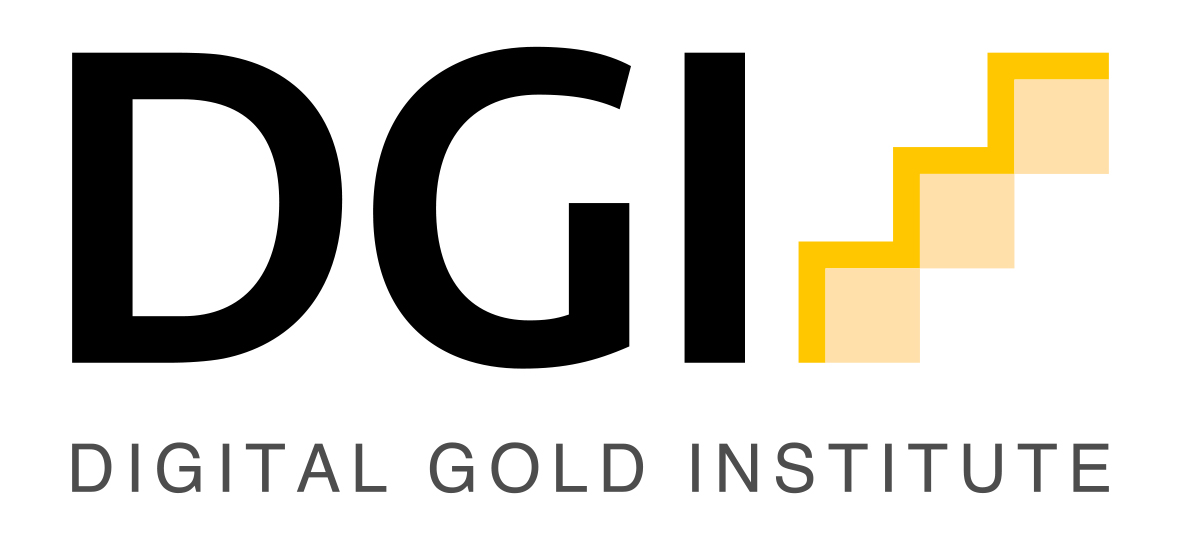CAL2025: The 5th Crypto Asset Lab Conference
Investments, Economics, and Regulation for Bitcoin, Crypto-Assets, and CBDCs
January, 16 and 17 - Milan (Italy) and online
Sironi Room, Università Milano-Bicocca
Piazza della Scienza
Milano - Italy
See the program.
The Crypto Asset Lab Conference is a joint initiative with the JRC-European Commission.
The conference brings together an international group of researchers, practitioners, and policymakers to discuss the latest advances, challenges, and opportunities in crypto-assets and Central Bank Digital Currencies (CBDCs).
We look forward to welcoming you into our interdisciplinary community of crypto-assets scholars.
For general enquires please contact info@cryptoassetlab.org, to be a partner of the conference please contact partners@cryptoassetlab.org.
Attendance
To attend the conference (in person or remote) get your ticket at Eventbrite. Prices are:
- PhD students: €75.00 (early birds €37.50)
- in presence: €150.00 (early birds €120.00)
- remote connection: €90.00 (early birds €75.00)
Call for papers: relevant dates
- November 15, 2024: full paper submission to papers@cryptoassetlab.org
- December 2, 2024: paper acceptance
Conference Theme and Topics
The conference provides a forum for presenting new ideas and discussing the future direction of the crypto-asset ecosystem. It focuses on bitcoin, crypto-asset, and CBDC, with a special interest in liquidity management, investment, banking, finance, financial services, monetary theory, and regulation.
We invite submissions on a wide range of topics including, but not limited to, the following macro themes:
- Alternative and decentralised finance
- The accounting treatment of crypto-assets
- The use of crypto-assets in capital raise
- Security and utility tokens
- Balance sheet effect and liquidity implications on financial institutions
- DAOs: accountability and governance
- Non-fungible tokens (NFT)
- Web3 Investment Products & Ecosystem Growth
- Risk management frameworks and practice for crypto-assets, stablecoins, and CBDCs
- Alternative and decentralized corporate finance
- Big data in DeFi
- Opportunities for SMEs and startups
- Central Bank Digital Currencies and stablecoins
- Regulatory approaches for crypto-assets and CBDCs
- The impact of crypto-assets and CBDCs for cross-border payments and settlement
- Monetary policy implications of crypto-assets and CBDCs
- Online/offline uses of stablecoins and CBDCs
- The accounting treatment of crypto-assets and CBDCs
- Digital Asset Settlement, Clearing and Payments
- Defi regulation, environmental, social, and governance impact
- RegTech for crypto-asset supervision
- Crypto-asset service providers: regulation and management
- Legal, ethical, and societal, environmental aspects of decentralised finance
- Decentralized exchanges (DEX) vs Centralized Exchanges
- Environmental sustainability of crypto-assets and their markets
- Financial stability and crypto-assets
- Security, Privacy, and Monitoring
- Security and privacy challenges
- Forensics and monitoring
- Media attention to Defi
- Technologies and Protocols of Crypto-Assets
- The Bitcoin protocol and extensions
- Proof-of-work, -stake, -burn, -authority
- Distributed consensus protocols
- Smart contracts and distributed ledgers
- Permissioned and permissionless distributed ledgers
- Economics and/or game theoretic analysis of crypto-asset protocols
- Second layer application
- Artificial Intelligence in crypto-assets
- Blockchain in Global Finance
- Efficiency issues of crypto-assets
To facilitate the attendance of colleagues with limited possibilities to join us in person, the CAL Conference has adopted a hybrid mode since 2020. If you wish to join virtually, please indicate so during the submission process.
Organizing Committee
-
Program Chairs
- Ferdinando Ametrano, Digital Gold Institute and Università Milano-Bicocca
- Paola A. Bongini, Università Milano-Bicocca
-
Program Committee
- Lucia Alessi - DG Joint Research Centre, European Commission
- Filippo Annunziata - Università Bocconi
- Simone Cortese - University of West London
- Luca Fantacci - Università degli Studi di Milano
- Gianna Figà-Talamanca - Università di Perugia
- Gianfranco Forte - Università Milano-Bicocca
- Yuliya Guseva - Rutgers Law School
- Daniele Marazzina - Politecnico di Milano
- Edoardo Martino - Amsterdam Center for Law and Economics
- Francesca Mattassoglio - Università Milano-Bicocca
- Paul Momtaz - TUM School of Management
- Paolo Pagnottoni - Università degli Studi dell'Insubria
- Ricardo Pérez-Marco - CNRS, Université de Paris
- Marco Petracco Giudici - DG Joint Research Centre, European Commission
- Gina Pieters - University of Chicago
- Carla Reyes - Southern Methodist University
- Sandra Ro - Global Blockchain Business Council
- Monica Rossolini - Università Milano-Bicocca
- Stefan Scharnowski - University of Mannheim
- Antonella Sciarrone Alibrandi - Università Cattolica del Sacro Cuore
- Maarten van Oordt - Vrije Universiteit Amsterdam
- Silvio Vismara - Università di Bergamo
-
General Chair
- Luca Bellardini, Università Milano-Bicocca
- Concetta Ingrassia, Digital Gold Institute





